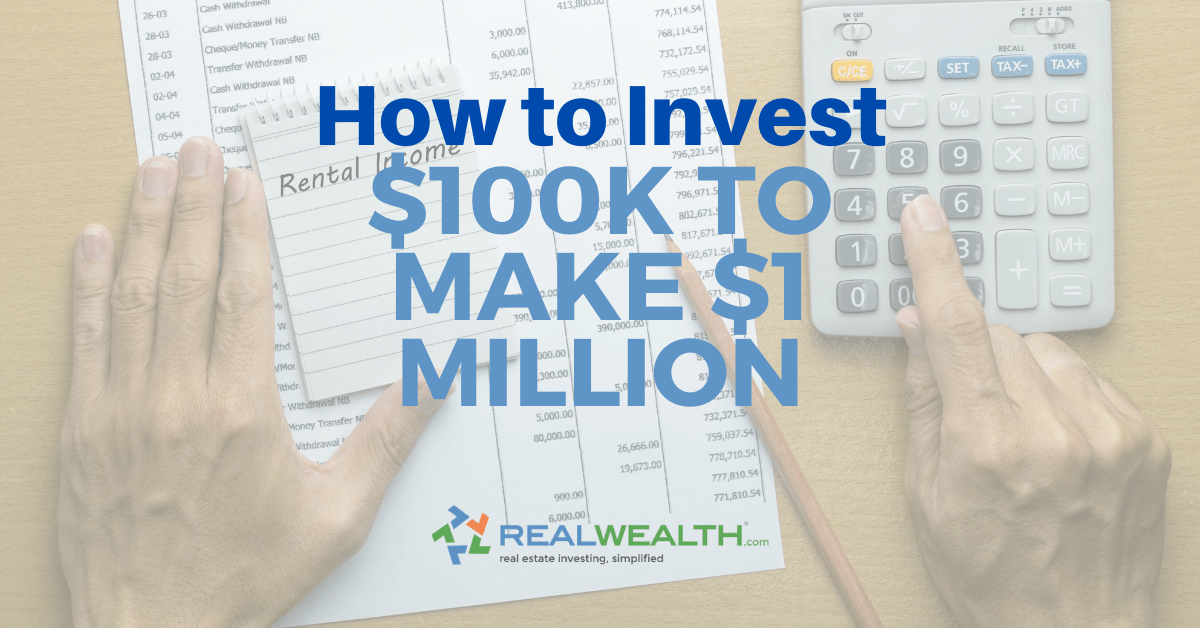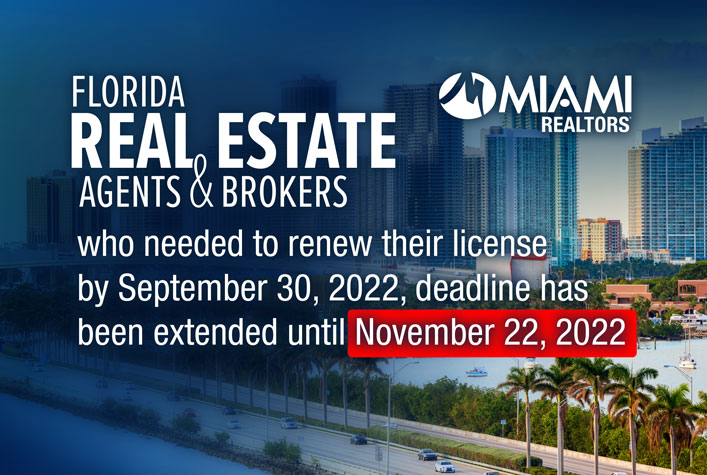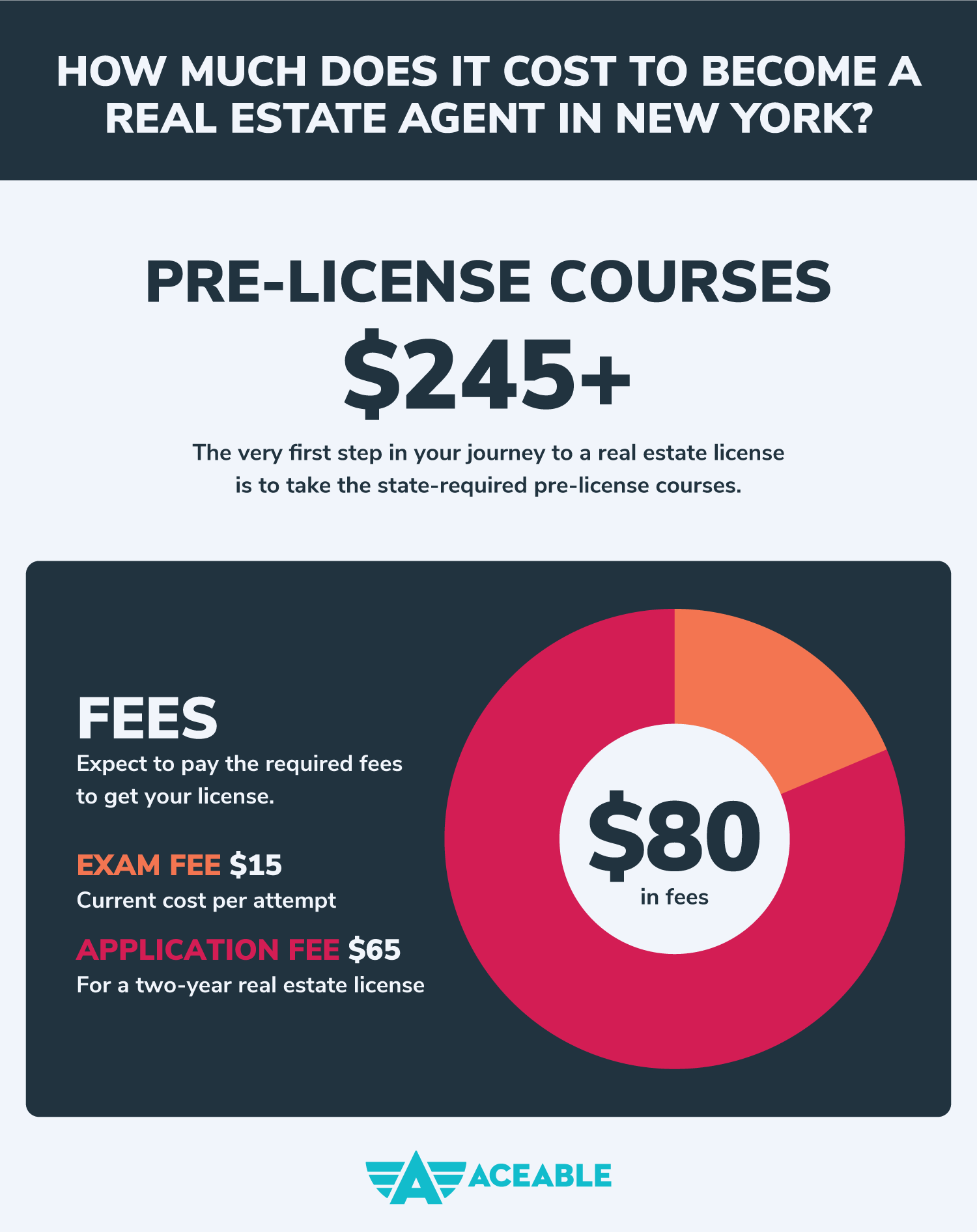
You have chosen to obtain your Ohio real property license. The next step is to take the exam. This article will discuss the Pre-licensing requirements, costs, and how to pay. You'll be prepared for the exam after reading this article. You can also find out more information about the exam by clicking on this link. It's easy to start studying now. We will discuss the Ohio Pre-licensing Coursework and exam requirements.
Pre-licensing training
You can speed up your real estate licensing process by taking online courses. Online courses can be completed on any schedule and can help you finish your education sooner. Passing the state and national exams for real estate salespersons requires a score of 70%. Many courses have sample questions that can be used to prepare for the exam. An exam can be taken before you apply for your real estate license. Here are some suggestions to help you get started.
Make flashcards and take notes in class to help you prepare for the exam. The best way to increase your chances at passing the exam is to study. Before classes begin, make a study schedule. You should set a time and complete each lesson. Having a study plan will help you study more efficiently and effectively. Even better, create a schedule to make sure you don’t forget anything.

Exam
It is essential to study in order to pass the Ohio real estate licensing exam. There are many methods to effectively study and study to get the right score. Make sure to set a plan of study and stick to it! You can start by taking notes in the first class. Then, you can continue to follow your plan until your test. Studying more efficiently and effectively can be made easier by having a plan. It can help you study at your own pace, too.
The exam requires that you are a broker or have an active brokerage to qualify. The Ohio Broker must sponsor you in order to be allowed to take the exam. PSI, a national exam-provider administers the exam. You must register first on their site to schedule an examination. After you've registered, you'll be able log in to access the exam scheduling platform. You will then be able schedule your test and get your official score.
Requirements
There are strict requirements to be eligible for a Ohio real property license. These include not being convicted in a felony, or crime of moral Turpitude. You must also have not violated any Ohio real estate rules or civil rights laws. While the Division of Real Estate can disallow certain violations or convictions, you need to be clear about them before you apply.
You will need to submit a Salesperson Examination Form to the Division of Real Estate & Professional Licensing. It also requires you to show proof of your education requirements, such as an official transcript or a course completion certificate. You must pass the Ohio Real Estate Exam if you have met the education requirements. For this exam, you must score 70% or higher.

Prices
You don't need to spend a lot of money to get your Ohio real-estate license. However, it does require a significant amount of time. Pre-licensing education will take up the largest portion of that time. The whole process should take between three and six month. The entire process can be completed in two months if the student studies full-time. After getting your license, it is possible to begin working in Ohio as a realty agent.
PSI Services is contracted by Ohio to administer real estate exam testing. The state will send you a Candidate Information Bulletin once you have passed the exam. PSI Services offers two delivery options: in-person testing at test center locations or remote online proctored examinations. Both require scheduling ahead of schedule and payment for the retest fee. Those who failed the salesperson exam will be eligible to apply for a discounted retake fee.
FAQ
How can I repair my roof?
Roofs can burst due to weather, age, wear and neglect. Roofing contractors can help with minor repairs and replacements. Contact us for further information.
How much should I save before I buy a home?
It depends on the length of your stay. Save now if the goal is to stay for at most five years. However, if you're planning on moving within two years, you don’t need to worry.
Are flood insurance necessary?
Flood Insurance protects from flood-related damage. Flood insurance protects your belongings and helps you to pay your mortgage. Learn more about flood insurance here.
What are the advantages of a fixed rate mortgage?
Fixed-rate mortgages lock you in to the same interest rate for the entire term of your loan. You won't need to worry about rising interest rates. Fixed-rate loans have lower monthly payments, because they are locked in for a specific term.
What are the top three factors in buying a home?
The three most important things when buying any kind of home are size, price, or location. Location refers the area you desire to live. Price refers to what you're willing to pay for the property. Size refers how much space you require.
How many times may I refinance my home mortgage?
This depends on whether you are refinancing with another lender or using a mortgage broker. In either case, you can usually refinance once every five years.
Is it cheaper to rent than to buy?
Renting is often cheaper than buying property. It's important to remember that you will need to cover additional costs such as utilities, repairs, maintenance, and insurance. The benefits of buying a house are not only obvious but also numerous. You will be able to have greater control over your life.
Statistics
- When it came to buying a home in 2015, experts predicted that mortgage rates would surpass five percent, yet interest rates remained below four percent. (fortunebuilders.com)
- This seems to be a more popular trend as the U.S. Census Bureau reports the homeownership rate was around 65% last year. (fortunebuilders.com)
- Some experts hypothesize that rates will hit five percent by the second half of 2018, but there has been no official confirmation one way or the other. (fortunebuilders.com)
- The FHA sets its desirable debt-to-income ratio at 43%. (fortunebuilders.com)
- Over the past year, mortgage rates have hovered between 3.9 and 4.5 percent—a less significant increase. (fortunebuilders.com)
External Links
How To
How to Manage A Rental Property
While renting your home can make you extra money, there are many things that you should think about before making the decision. We will show you how to manage a rental home, and what you should consider before you rent it.
If you're considering renting out your home, here's everything you need to know to start.
-
What factors should I first consider? Before you decide if you want to rent out your house, take a look at your finances. If you have outstanding debts like credit card bills or mortgage payment, you may find it difficult to pay someone else to stay in your home while that you're gone. It is also important to review your budget. If you don't have enough money for your monthly expenses (rental, utilities, and insurance), it may be worth looking into your options. It may not be worth it.
-
How much does it cost to rent my home? There are many factors that influence the price you might charge for renting out your home. These factors include your location, the size of your home, its condition, and the season. You should remember that prices are subject to change depending on where they live. Therefore, you won't get the same rate for every place. The average market price for renting a one-bedroom flat in London is PS1,400 per month, according to Rightmove. This means that if you rent out your entire home, you'd earn around PS2,800 a year. While this isn't bad, if only you wanted to rent out a small portion of your house, you could make much more.
-
Is it worth it. It's always risky to try something new. But if it gives you extra income, why not? Be sure to fully understand what you are signing before you sign anything. Not only will you be spending more time away than your family, but you will also have to maintain the property, pay for repairs and keep it clean. These are important issues to consider before you sign up.
-
What are the benefits? There are benefits to renting your home. There are many reasons to rent your home. You can use it to pay off debt, buy a holiday, save for a rainy-day, or simply to have a break. It's more fun than working every day, regardless of what you choose. If you plan ahead, rent could be your full-time job.
-
How can I find tenants Once you've made the decision that you want your property to be rented out, you must advertise it correctly. Start by listing online using websites like Zoopla and Rightmove. After potential tenants have contacted you, arrange an interview. This will allow you to assess their suitability, and make sure they are financially sound enough to move into your house.
-
What are the best ways to ensure that I am protected? If you fear that your home will be left empty, you need to ensure your home is protected against theft, damage, or fire. You'll need to insure your home, which you can do either through your landlord or directly with an insurer. Your landlord will often require you to add them to your policy as an additional insured. This means that they'll pay for damages to your property while you're not there. If you are not registered with UK insurers or if your landlord lives abroad, however, this does not apply. In these cases, you'll need an international insurer to register.
-
It's easy to feel that you don't have the time or money to look for tenants. This is especially true if you work from home. You must put your best foot forward when advertising property. A professional-looking website is essential. You can also post ads online in local newspapers or magazines. It is also necessary to create a complete application form and give references. Some prefer to do it all themselves. Others hire agents to help with the paperwork. Either way, you'll need to be prepared to answer questions during interviews.
-
What happens once I find my tenant If you have a contract in place, you must inform your tenant of any changes. If you don't have a lease, you can negotiate length of stay, deposit, or other details. Remember that even though you will be paid at the end of your tenancy, you still have to pay utilities.
-
How do you collect the rent? When it comes to collecting the rent, you will need to confirm that the tenant has made their payments. If not, you'll need to remind them of their obligations. You can deduct any outstanding payments from future rents before sending them a final bill. If you're having difficulty getting hold of your tenant you can always call police. They won't normally evict someone unless there's been a breach of contract, but they can issue a warrant if necessary.
-
How can I avoid problems? While renting out your home can be lucrative, it's important to keep yourself safe. Install smoke alarms, carbon monoxide detectors, and security cameras. You should also check that your neighbors' permissions allow you to leave your property unlocked at night and that you have adequate insurance. Finally, you should never let strangers into your house, even if they say they're moving in next door.